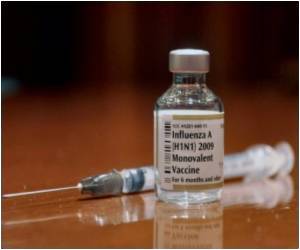
Fernando Polack of Vanderbilt University in Nashville, and his team explored past exposure to pathogens. They found that pre-existing antibodies in infected middle-aged people recognized the 2009 H1N1 virus, but attacked organ tissue rather than defending against the invader.
The researchers found that middle-aged patients had antibodies that bound less effectively to this H1N1 strain than did the antibodies of elderly people, and therefore did not protect against it. And the antibodies of extremely ill individuals also bound less well to the virus than did those of mildly sick patients.
These dysfunctional antibodies attached to the flu pathogens and formed complexes that infiltrated the lungs and triggered a biochemical pathway that promotes inflammation and can cause cell membranes to rupture. It was this process that damaged tissue in the patients who died.
The team had also analysed lung sections from people who had died in a 1957 pandemic involving the H2N2 strain of flu. They found evidence of similar complexes in the tissue.
The finding has implied that pre-existing antibodies that were maladapted to fighting off the new infection caused deaths.
Advertisement
Although these antibodies may have helped to combat seasonal flu strains, the new virus was different enough not to produce the appropriate immune response.
Advertisement
The study was published online in Nature Medicine1.
Source-ANI










